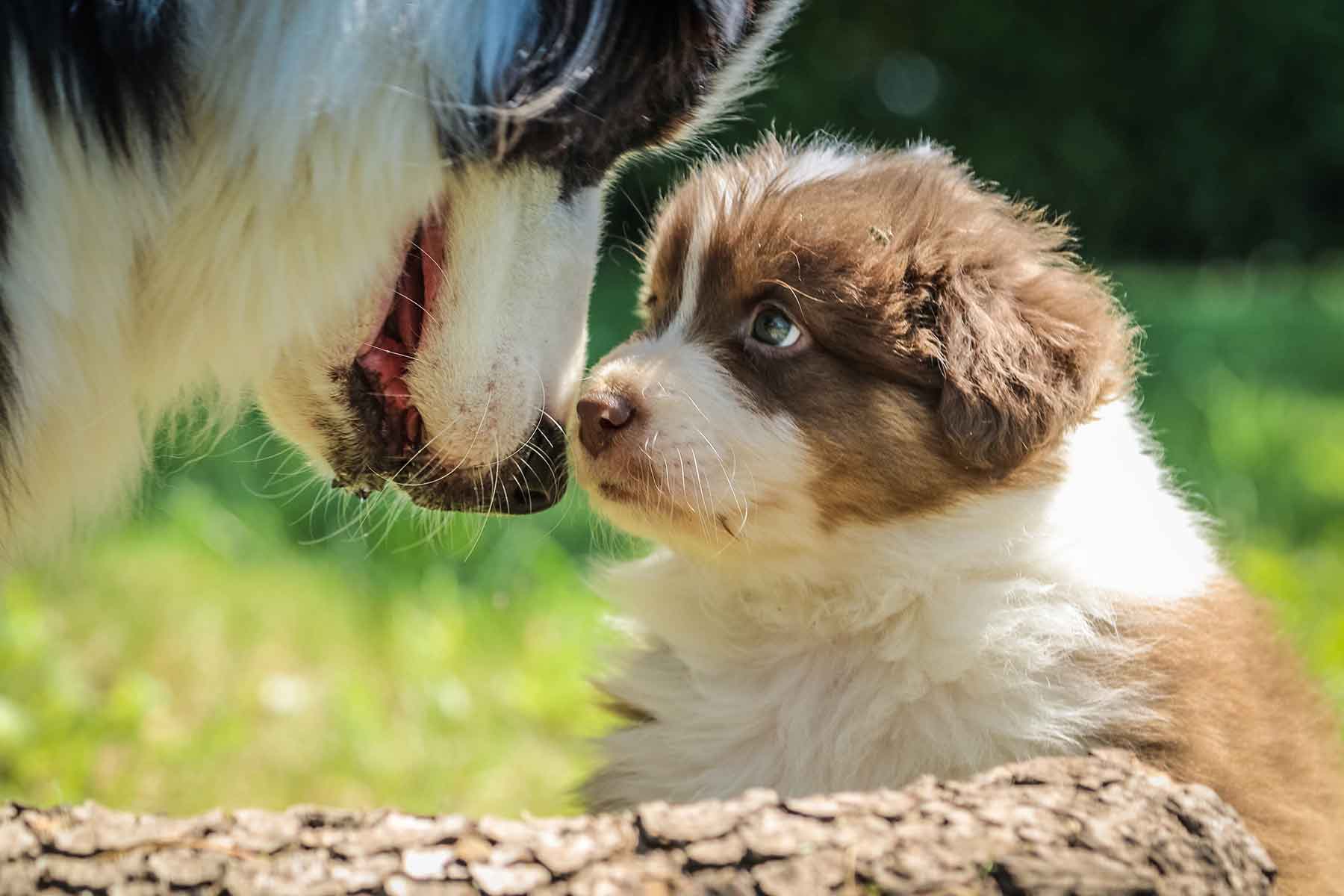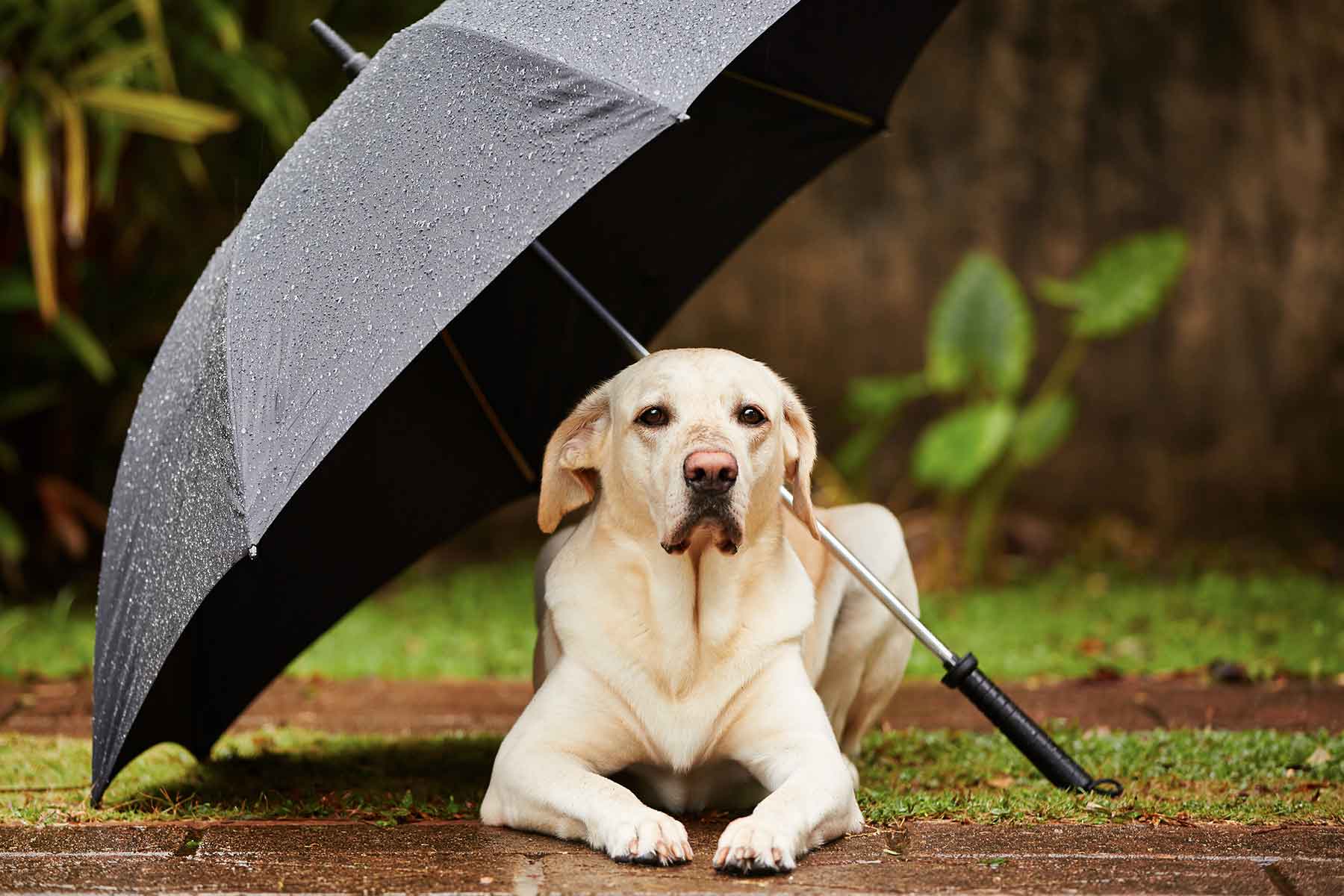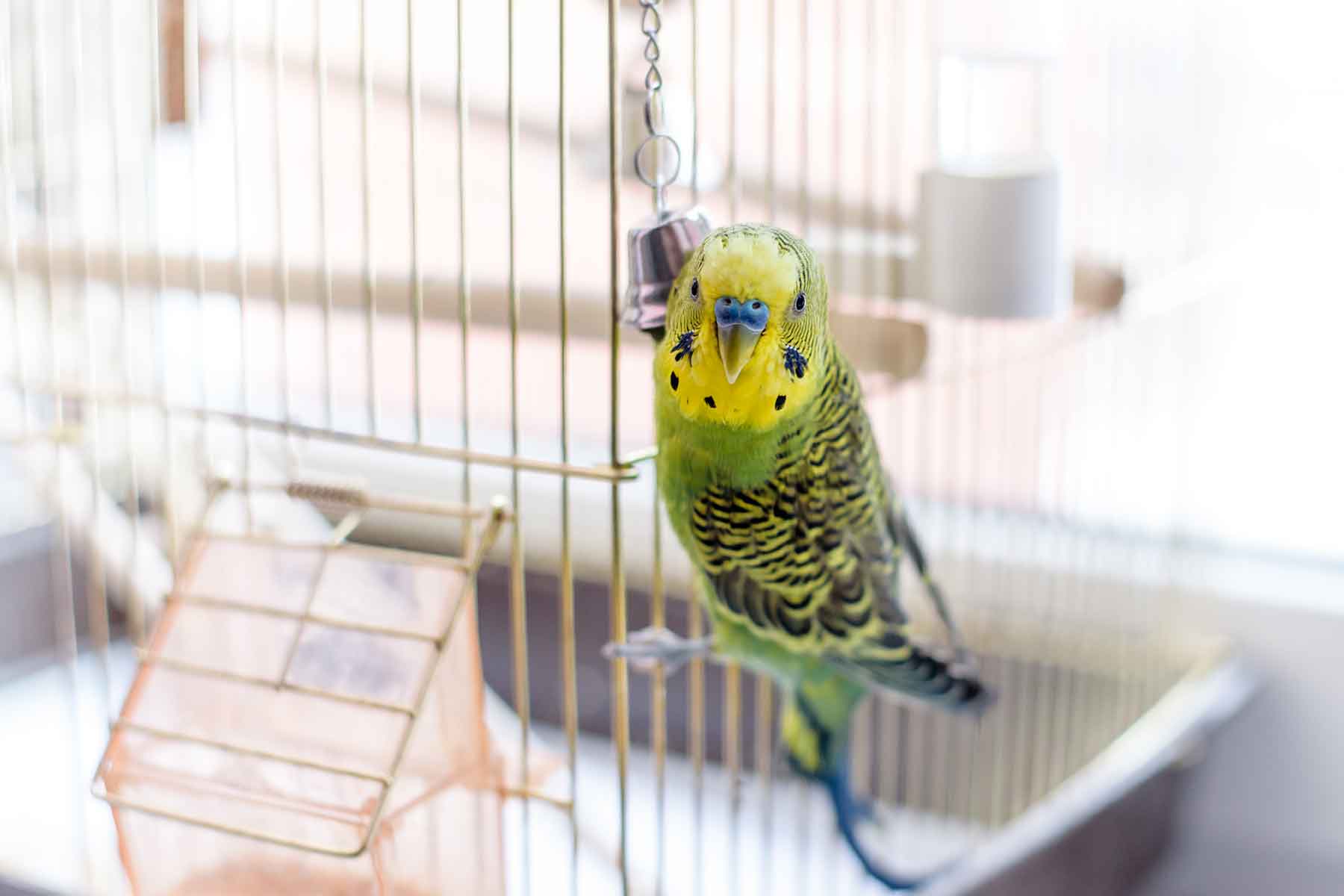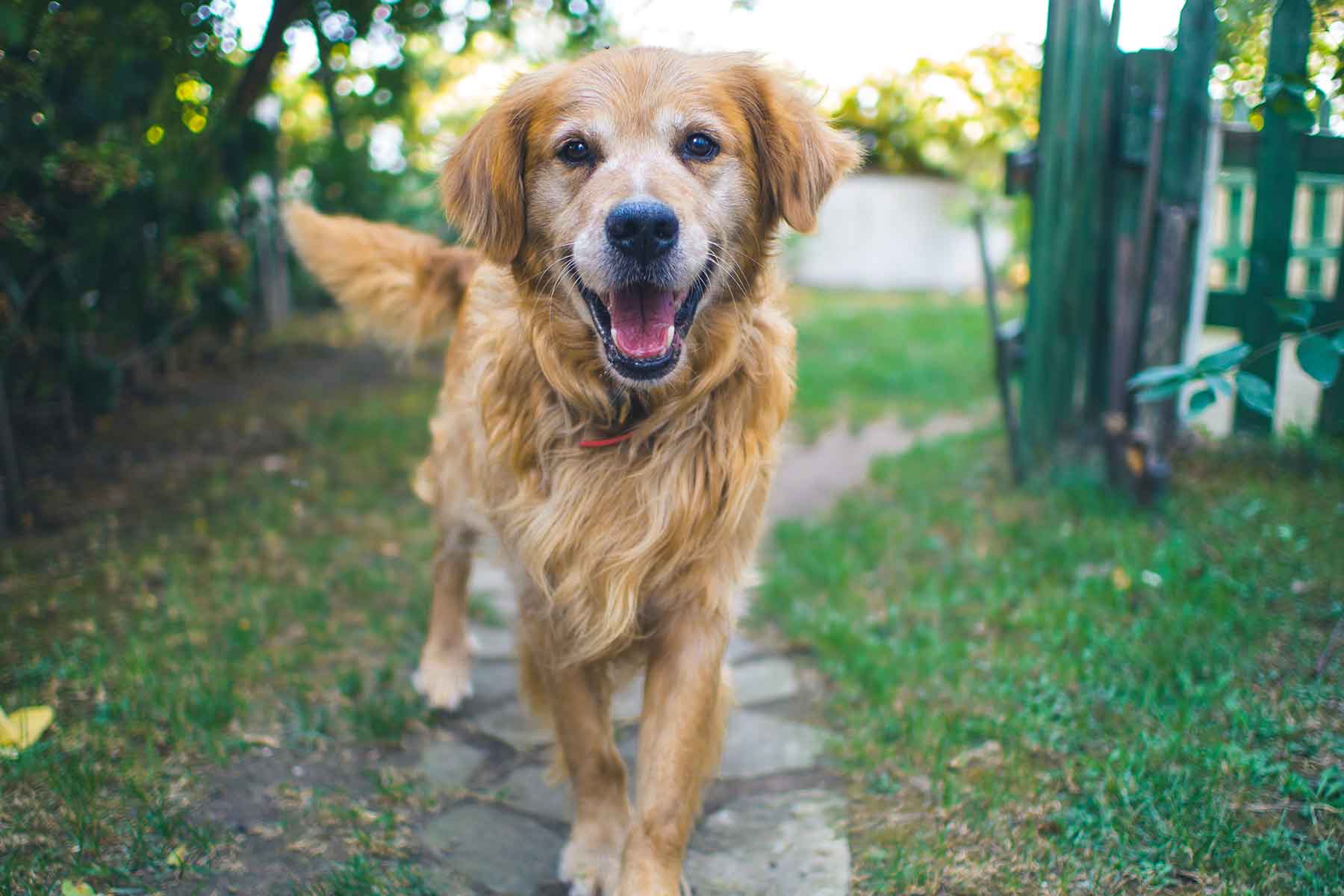Coughing is a common protective reflex for a dog, often a natural mechanism to clear the airways of harmful or unpleasant material. Whilst it may not sound like a serious problem, sometimes coughing is a sign of significant disease. Since there are many possible causes of coughing in a canine, your veterinarian is the best person to diagnose and treat your dog. Many of the problems and diseases associated with coughing can be managed well if they are treated early.
COMMON CAUSES OF COUGHING
As mentioned, there are many reasons why a dog will cough but there will always be an underlying cause. Dogs do not cough out of habit nor is it normal to cough without reason. Here are just some of the reasons why a dog may cough:-
- Canine Cough, a disease sometimes referred to as Kennel Cough
- Foreign body in the trachea (windpipe) or the oesophagus eg. grass seed, sharp object such as a bone fragment, fur ball (yes dogs too!)
- Irritants in the environment eg. cigarette smoke, room deodorisers, incense sticks
- Tonsillitis
- Heart disease or failure
- Heartworm disease
- Lung tumours or infections
- Gum/ tooth disease and an inflamed throat
Some of the causes are life threatening and all dogs with a cough should be evaluated by a veterinarian. If you are concerned in any way we encourage you to contact your veterinarian to discuss a possible course of action. Because there are so many reasons why dogs cough it’s important for you to be patient while they establish a cause. During this time your pet may need to have x-rays, an ultrasound and/or other diagnostic tests.
What will your pet’s veterinarian ask?
The veterinarian may ask you a wide range of questions depending on your pet’s individual case. It is a good idea to be prepared for some of the following questions.
- Has he/she been boarding in a kennel recently?
- Has their demeanor changed?
- Has their level of activity/exercise changed?
- How old is your dog?
- What breed is your dog?
- How often and how long have they been coughing for?
- Has this happened before, was it at the same time of year?
- Have they eaten anything unusual recently?
- Have their eating habits changed?
- When does the cough occur (night/day, standing/lying down, during activity/at rest)?
The best approach is early intervention while the cough is at its mildest. Please consult your veterinarian if you are concerned about your pet.











